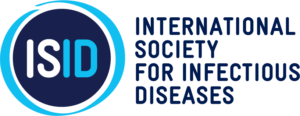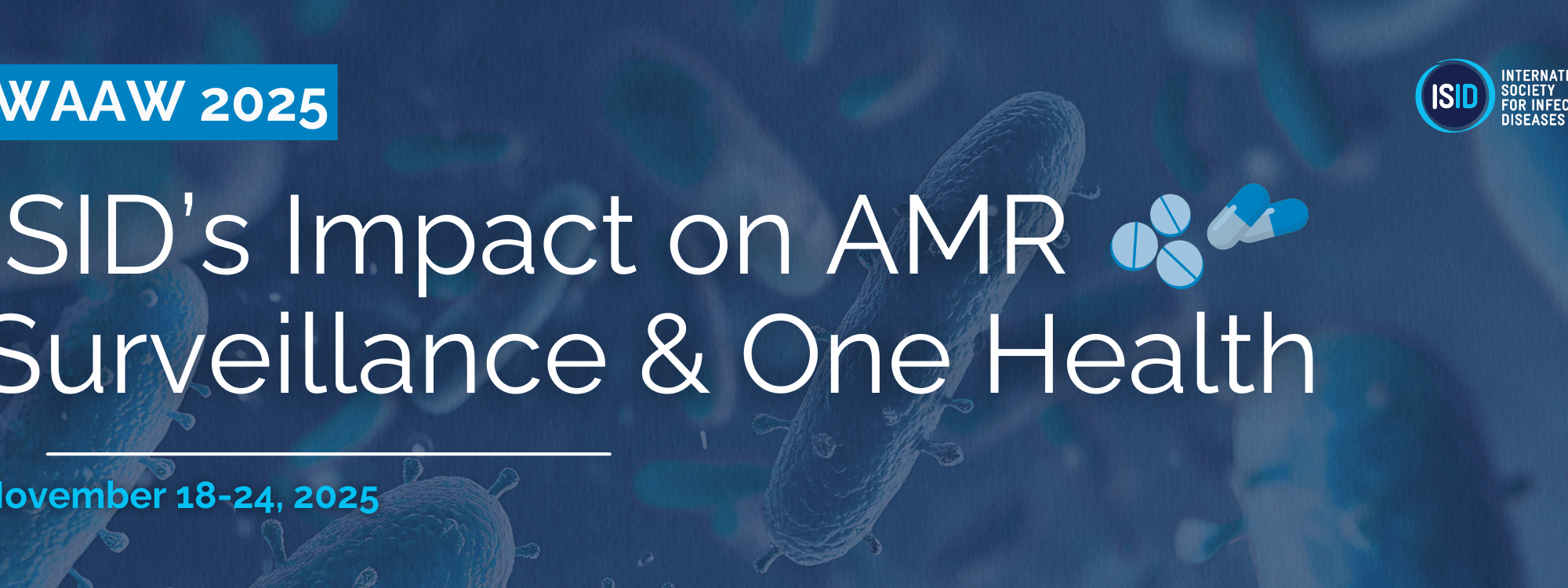Introduction
Antimicrobial resistance (AMR) continues to escalate as one of the most significant global health challenges of our time, threatening modern medicine, food security, and public health systems worldwide. As the world observes World Antimicrobial Resistance Awareness Week 2025, under the theme “Act Now: Protect Our Present, Secure Our Future,” the International Society for Infectious Diseases (ISID) reflects on a year defined by scientific leadership, strengthened surveillance, regional expansion, and deepened One Health collaboration. Across 2025, ISID worked tirelessly to transform data into decisions and to support communities, governments, researchers, and clinicians in their efforts to monitor, understand, and combat AMR.
ProMED-AMR: Global Early Warning and Surveillance
Central to ISID’s impact, this year has seen the continued growth of ProMED-AMR, the only real-time global early warning system dedicated to antimicrobial resistance.
ProMED-AMR has now generated thousands of alerts since its inception in 2020, covering outbreaks, emerging resistance trends, drug shortages, stewardship challenges, and scientific developments, with thousands of subscribers relying on the network’s rapid, moderator-driven intelligence.
Country-Level AMR Trends & Analyses
These alerts, enriched with contextual commentary from subject matter experts, continue to provide a unique complement to formal laboratory-based reporting, especially in countries where AMR data is delayed or incomplete. ISID’s 2025 work also included country-level analyses, such as a comprehensive assessment of AMR reporting trends in several countries, which consolidated posts since 2020 to highlight patterns in stewardship, molecular characterization, environmental contamination, prescribing behaviours, and surveillance gaps. These efforts reaffirm the value of non-traditional surveillance in shaping national AMR responses.





